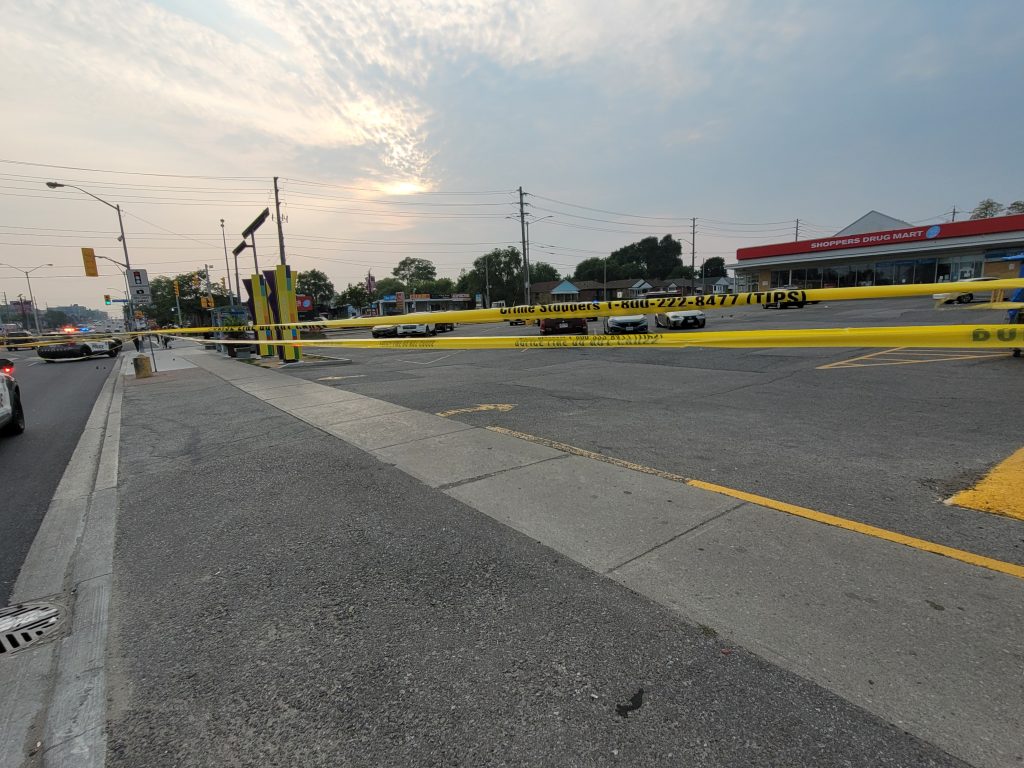As the new school year approaches, growing backlash is emerging following Ontario's Education Minister Paul Calandra's recent threat to eliminate elected school trustees and assume control of local school boards. This move has been met with strong criticism from educators and opposition politicians who characterize it as a political power grab that undermines local democratic processes and affects families throughout the province.
Liberal Member of Provincial Parliament (MPP) John Fraser raised concerns about the implications for parents. “Where does a parent turn when there’s something not working for their child in their school? Who do they call? They can’t call the trustees because the trustees have been told to butt out… you’re not allowed to do anything anymore,” he stated, emphasizing the potential void left by the removal of trustee power.
The impact of the Ford government’s actions is already palpable with just a week remaining before the school year begins. The government has taken control over several school boards, including the Toronto District School Board (TDSB), appointing supervisors to replace elected trustees. Fraser highlighted the problematic nature of this arrangement, asserting, “So the decisions about our children’s schools and education will be made behind a desk by someone at Queen’s Park… it won’t work.”
Calandra justified this takeover by referencing financial mismanagement in schools. He announced in June that all 72 Ontario boards would be put on notice, demanding they prioritize funding to classrooms. Calandra asserted his commitment, saying, “I will be relentless in holding boards accountable when it comes to how school boards use public funds.”
In response, David Mastin, the newly elected president of the Elementary Teachers’ Federation of Ontario (ETFO), accused the government of shifting blame toward trustees for issues largely stemming from their own actions. “This government has systematically underfunded public education to the tune of multiple billions of dollars over the last seven years, and that’s what we should be talking about,” Mastin remarked. He expressed concern that the Ford government is deliberately underfunding the education system with the intent of privatizing it.
Mastin elaborated on his accusations by explaining the strategy he perceives behind the government’s actions. “How do you get there? First, you have to convince the general population that the public system is not working, that it’s inefficient. That people tasked with making the system work, they’re not doing their job. So I do believe this is all part of a very scripted project to eventually hand over this system to private capital,” he asserted.
The Canadian School Board Association (CSBA) has also issued warnings about the ramifications of this governance shift. CSBA President Alan Campbell stated, “There are real tangible consequences when parents and when community members no longer have any democratic voice in the function of their local public school.” He underscored the challenges a single supervisor would face in attempting to replicate the collaborative oversight provided by a team of elected trustees.
As criticism mounts and the school year looms on the horizon, many stakeholders within the education sector are left grappling with the implications of the Ford government's sweeping decision. Parents and educators alike remain concerned about the centralization of power and the potential erosion of local accountability in Ontario's education system.












